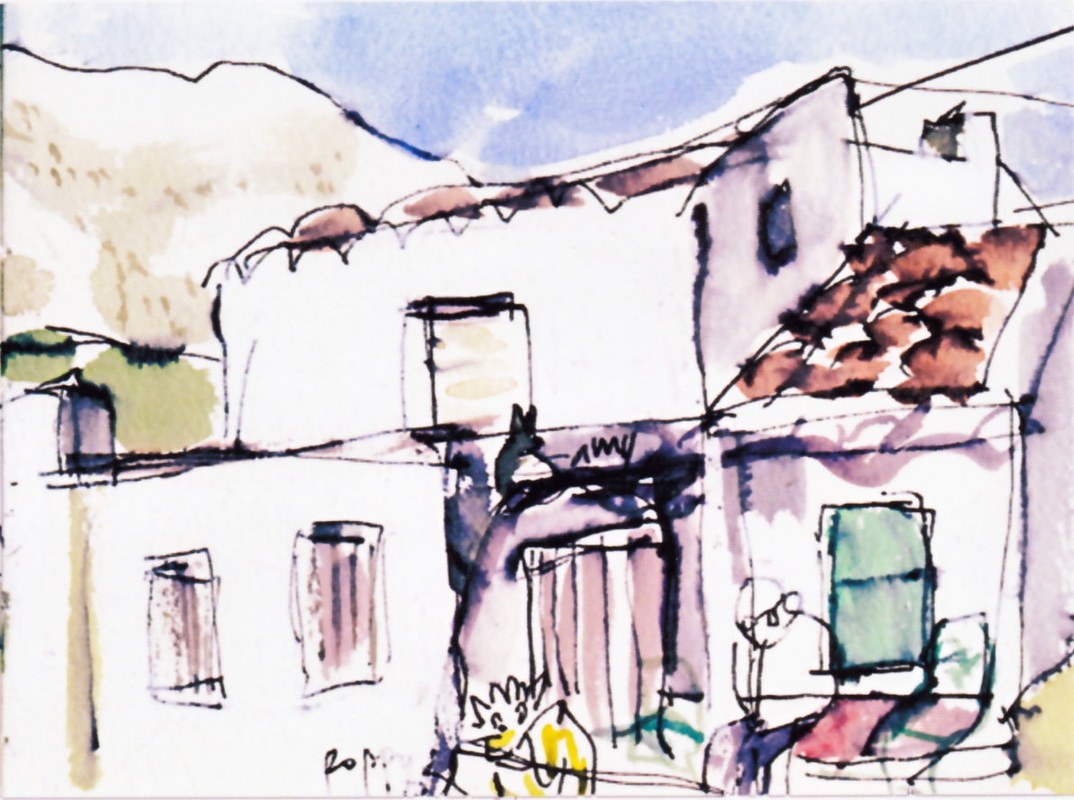Six More Steps To Develop Your Compelling Fiction
There are no dates currently available for this programme
|
Type of Programme: Fiction
What will you learn? 1. WHAT What Happens? This is where we discuss your plot and break it down into scenes. We will learn how to build in conflict tests which challenge your characters and how to pace in order to keep the reader reading. ‘The task of a writer consists in being able to make something out of an idea. Thomas Mann 2. WHY A whole session celebrating the most infamous question of all. Why? It is the question most loved by pre-school children as they try to make sense of the world. We will apply this question to your own plot, asking Why? at every point of the story and challenging the ‘causality’. We will also consider Why we write. ‘Make everybody fall out of the plane first, and then explain who they were and why they were in the plane to begin with.’ Nancy Ann Dibble 'Why do writers write? Because it isn't there.’ Thomas Berger 3. WHEN When does the story start? What is The moment in time? We will look at beginnings and the time scale of the story: does it take place on one wet weekend or span a decade or a century? Is time linear, or would some scenes work better in flashback? Is there a time shift / time travel? 'A story isn't about a moment in time, a story is about the moment in time’ W. D. Wetherel 4. WHERE Where does the story take place? Is the location / setting significant? Would a scene work differently if it were set somewhere else? His apartment instead of hers? On the underground instead of a cafe? How much does the landscape / setting, reflect the mood, timbre of the scene? Could a brutal setting underpin the tenderness of the characters? ‘It occurred to me that no matter where I lived, geography could not save me.’ Isabel Wilkerson ‘So much of difference between a triumph and a flop is determined by choice of venue.’ Anatoly Belilovsky, ‘A place without meaning is no place to be.’ Wayne Gerard Trotman 5. HOW How are you going to tell your story? Is it a novel, short story, novella? How long? What is your unique voice? What is the Point of View? Would it be a different story if told from the viewpoint of a different character? Draw your chair up close to the edge of the precipice and I'll tell you a story.’ F. Scott Fitzgerald 6. Who Who are YOU? What do you bring to your writing? What is your unique life which will have an impact on your fiction? What will you draw from your own life to use in your fiction? Is it your background? an event which has happened to you? A place you visited or lived? A person who inspired you to write them as a character? Who are the Characters in your fiction? How did they come about? What would happen if they were a different age, gender, nationality? What is their background, back-story, motivation? ‘The writer's genetic inheritance and her or his experiences shape the writer into a unique individual, and it is this uniqueness that is the writer's only stuff for sale.’ James Gunn |
Who is it for?
Writers of all ages developing their writing: you will have a draft of a piece of fiction which you want to work on What you will do This is a series of half day workshops which will explore in more depth the units covered in the Introduction to Writing Compelling Fiction. Each day will be a 3 hour session with a short coffee break. You can dip in and out of this series and focus on the parts which you need in order to develop your own compelling fiction. We will be working from your own draft fiction and you will work with a supportive group to discuss what works or could work better, and why; revising, reviewing and growing as a writer. Grou feedback will form an essential part of the learning. There will introductory exercises to stimulate creativity and at the end of each session to summarise and give feedback. As a writer, you are also encouraged to read fiction and to learn from examples of great writing. Why you should do it It will help you to focus on and to improve a work of fiction which you have already written and stimulate you to prepare your final draft. Working in a group is useful to stimulate ideas, get positive feedback, energise the flagging, lonely spirit of the writer, remind you of why you wanted to do this in the first place and encourage you to finish what you have stared. These sessions can also form the basis of one to one surgeries about your draft fiction: see one-to-one feedback Who is your tutor: Anita Belli: Author biography I have been writing since primary school and the local paper, Manchester Evening News (UK) published my stories and poems on its children’s page. My professional work led me to focus on supporting and developing the creative practice of arts professionals, local communities and children by providing access to media, literature and performing Arts in order to encourage personal growth; enable success, support aspiration and celebrate accomplishment. I have a personal and active interest in Dance, Media and Literature, winning awards as a writer and filmmaker, including Oscar Nomination for a student film. I have worked as a Director in the Arts since 1990, taught and devised post graduate filmmaking courses and developed media courses within the community. During that time I wrote compulsively. I am now a full time writer and divide my time between the windy East Coast of England and the sunny South Coast of Spain. Visit www.thecreativecasa.com for more |
